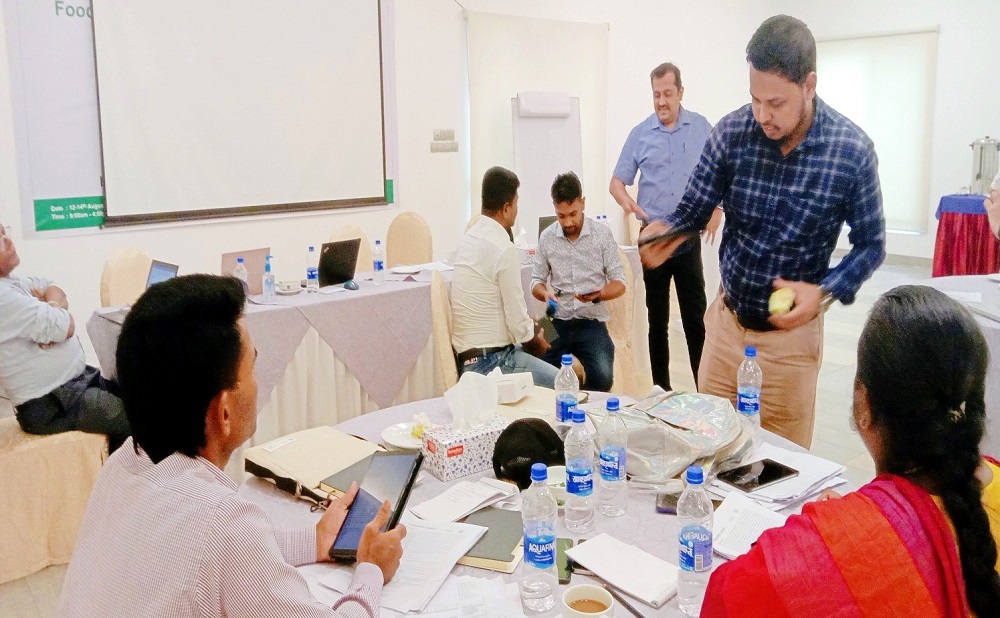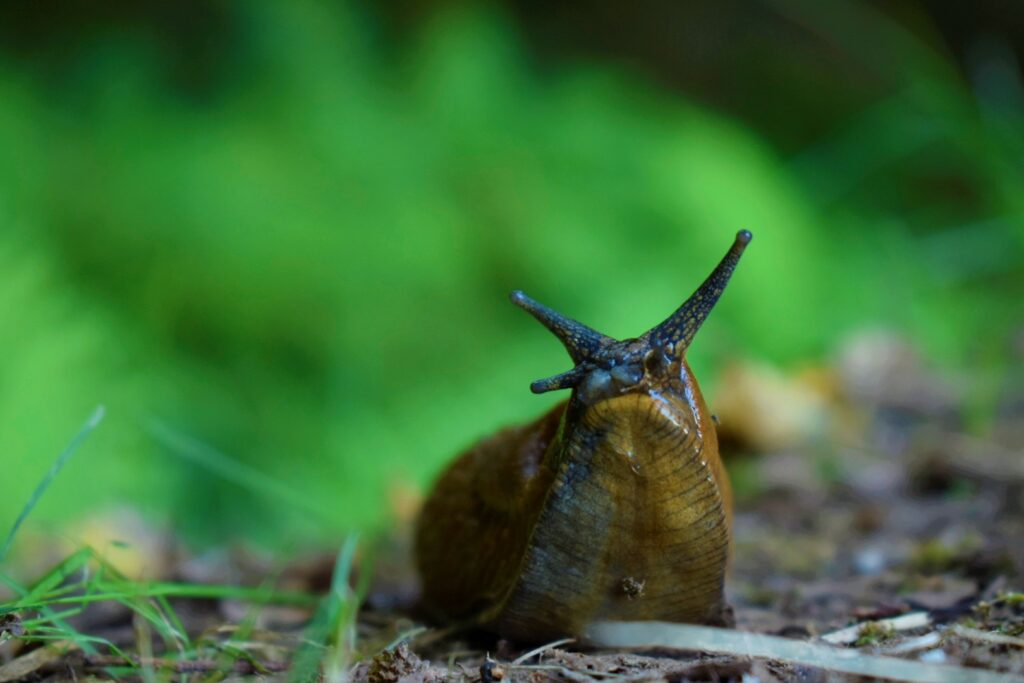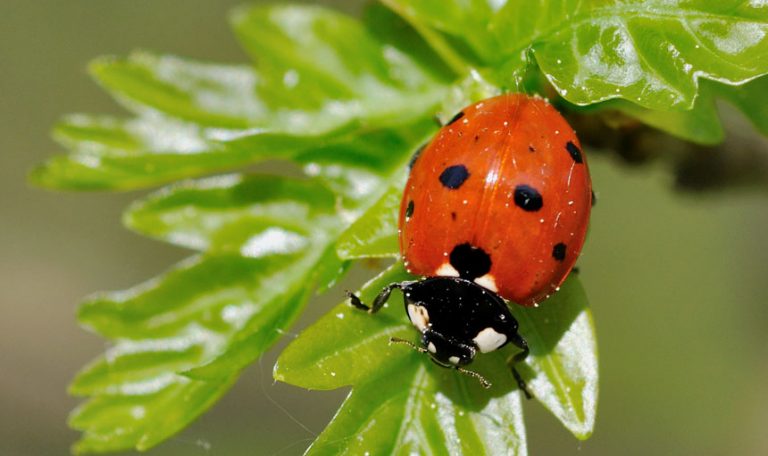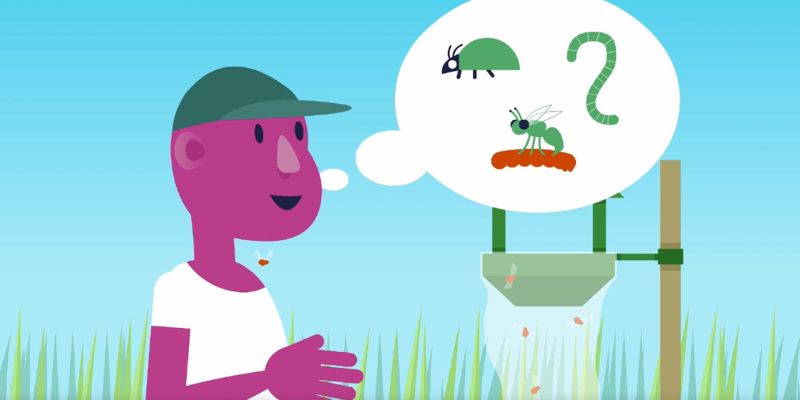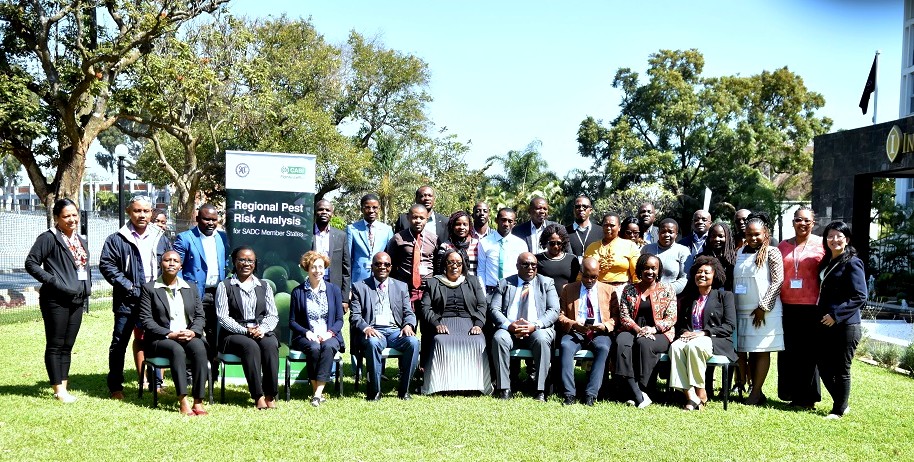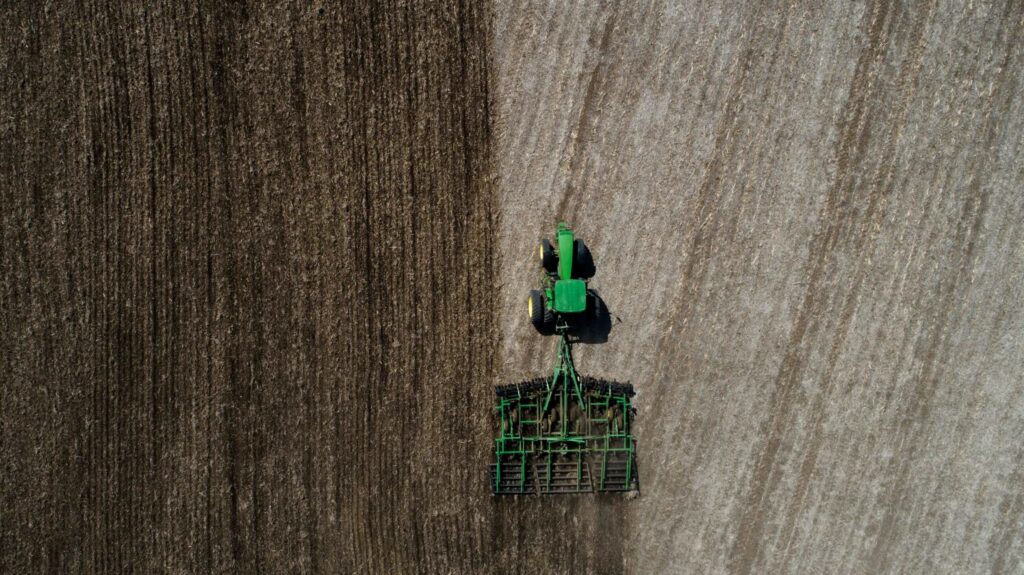How Jamaica is supporting young people in agriculture
“At first, I don’t think he wanted us in farming. He more wanted a nurse, or a flight attendant, or something like that.” Justine is a young farmer in Jamaica who initially faced resistance from her father. She and her siblings are now preparing to take over the family farm.
Update: New Pest & Disease Records (07 September 2023)
We’ve selected a few of the latest new geographic, host and species records for plant pests and diseases from CAB Abstracts. Records this month include the first record of the northern spruce bark beetle Ips duplicatus in Slovenia and information about five new introduced terrestrial slugs in Hungary.
Ukulima True – a Kenyan farming campaign to help reduce the risk of pesticides
As demand for food grows globally, farming practices must intensify. Farmers will need to use more low-risk tools to tackle plant pests and diseases. Pesticides are an important tool for pest management. However, they should be seen as part of a kit of many tools, not the only tool. This is because pesticides also pose…
What are bioprotection products, and how do they work?
Bioprotection products are nature-based solutions to managing crop pests and diseases. More and more growers are turning to environmentally sustainable crop pest and disease management solutions, such as bioprotection products. Reasons for choosing more sustainable solutions include pest and disease resistance to chemical pesticides and concerns for human health and the environment.
New bioprotection course paves the way for a more sustainable agricultural landscape
CABI Academy‘s latest course, Introduction to Bioprotection Products, enables agricultural service providers to equip themselves with the knowledge and skills to support smallholder farmers using bioprotection products. Bioprotection, also known as biocontrol, is a more sustainable approach to pest management. Unlike conventional chemical pesticides, bioprotection products are derived from natural sources, making them a safer…


